Why should business leaders care about trust? This is why:
Performance of Trust Across America’s
Most Trustworthy Public Companies vs. the S&P 500 (2014-2019)
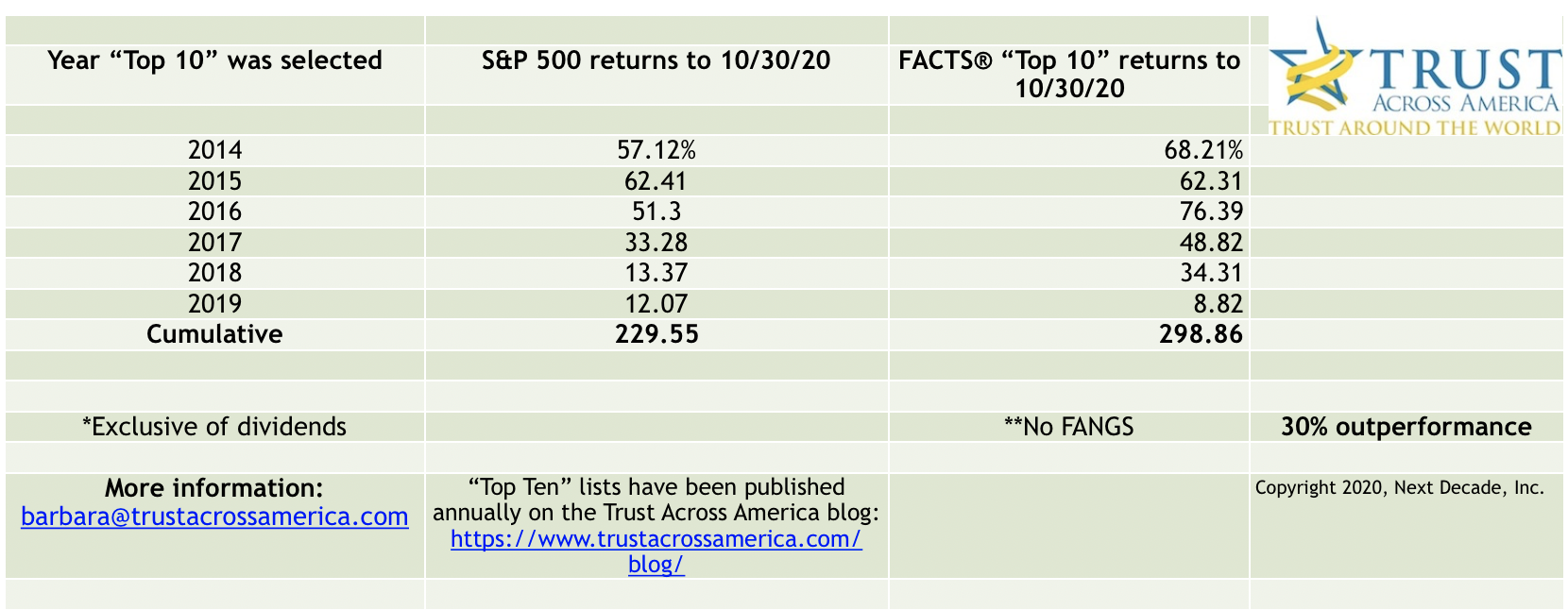
The chart above is the cumulative “Return on Trust” of America’s annual “Top 10” Most Trustworthy Public Companies over the past six years. Through its FACTS® Framework, Trust Across America has been analyzing, assembling and publicly reporting on this data for ten years.
If you are the CEO of a public company, or any company for that matter, who claims there is no Business Case for Trust, now may be the time to reconsider. Why DO business leaders require proof or ignore trust as their most valuable strategic advantage?
Leaders take trust for granted
Trust doesn’t just “happen.” It is not bestowed upon leaders by virtue of their title. Trust is a learned competence and an intentional business strategy that must be crafted, practiced, modeled, and reinforced daily.
Leaders focus on the wrong metrics
Growing quarterly earnings, over reliance on sales quotas, focus on “old school” risk and/or “new school” ESG metrics will not satisfy the trust imperative that stakeholders are increasingly demanding. Neither will talking rather than acting on trust.
Leaders treat trust as a “soft skill”
Organizational trustworthiness is a hard currency. The proof is in the chart above.
Leaders are “trust reactive”
Rarely do we hear proactive leadership discussions about building stakeholder trust. Instead, trust becomes a communications talking point only after a breach. This is both a missed and lost opportunity for leadership.
Leaders delegate trust
Trust is not a function of legal, compliance, HR, communications, or any other department. Boards of Directors and executive leadership teams must spearhead trust, making it central to the organization’s core values, so that all stakeholders can benefit.
Note: In 2010 Trust Across America introduced the FACTS® Framework, an EXTERNAL quantitative measurement of the corporate trustworthiness of America’s largest 2000+ US public companies. The Framework identifies companies whose leadership is going beyond doing just what is legal and compliant to choosing the right core values that satisfy all stakeholder needs. The FACTS® Framework is the most comprehensive and data driven ongoing study on the trustworthiness of public companies. We analyze companies quarterly and rank order showing trends by company, sector and market capitalization. Read more about the Framework at this link.
In 2018 Trust Across America-Trust Around the World’s Trust Alliance, a group of global trust scholars and practitioners, introduced its Trust Alliance Principles (TAP), and in 2019 our AIM Survey tool was created to guide leaders and teams in building trust INTERNALLY. It is based on universal behaviors that strengthen and weaken trust. To date, almost 150,000 global professionals have tapped into trust, and dozens of teams and organizations have used our simple survey tool to start a trust discussion.
Barbara Brooks Kimmel is the founder of Trust Across America-Trust Around the World, whose mission is to help organizations build trust. Now in its 12th year, the program has developed two proprietary trust-evaluation tools, the latest is AIM Towards Trust. She also runs the world largest global Trust Alliance and is the editor of the award-winning TRUST INC. book series. Kimmel is a former consultant to McKinsey who has worked across multiple industries and with senior leadership. She holds a bachelor’s in international affairs from Lafayette College and an MBA from Baruch.
For more information visit our website at www.trustacrossamerica.com or contact us.

Purchase our books at this link
Copyright © 2020 Next Decade, Inc.
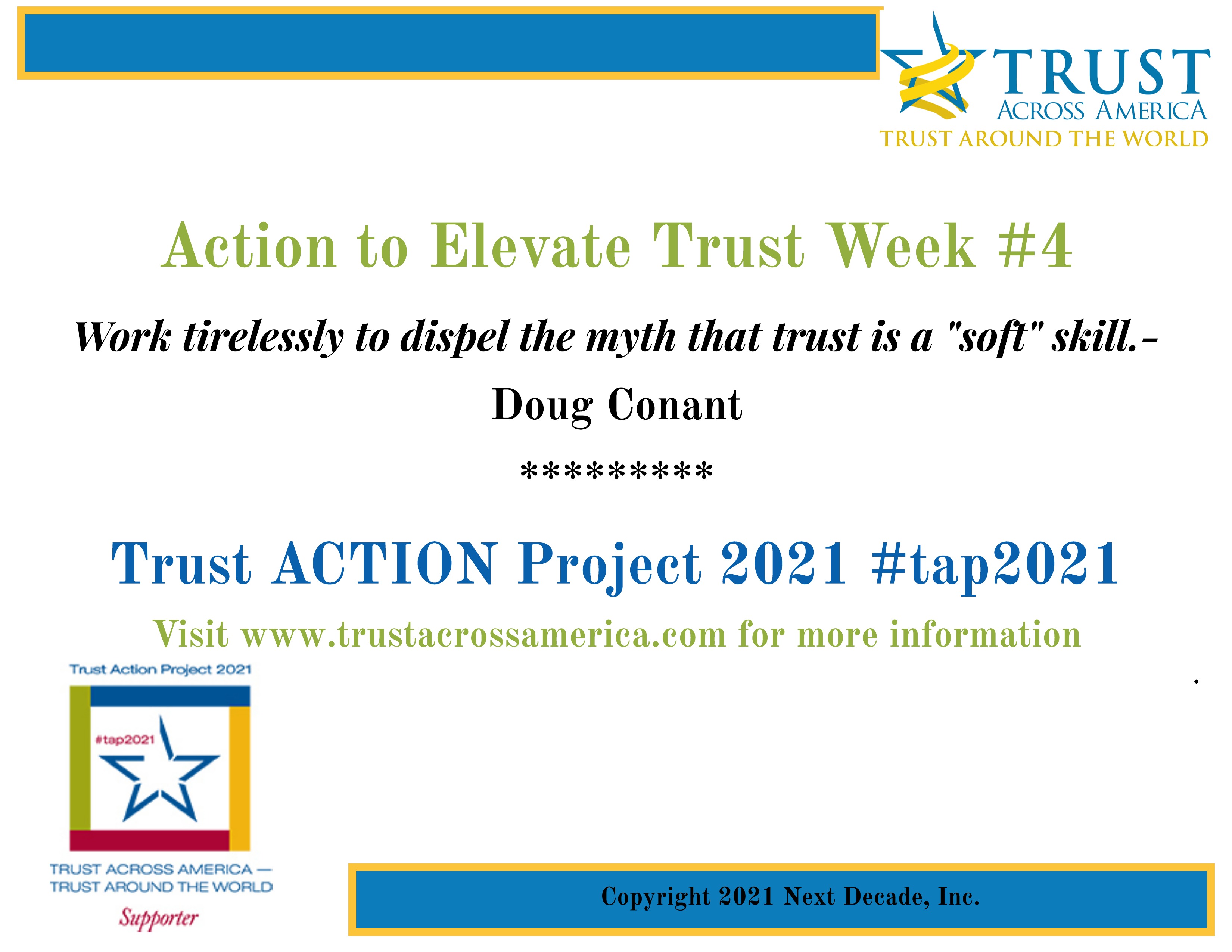
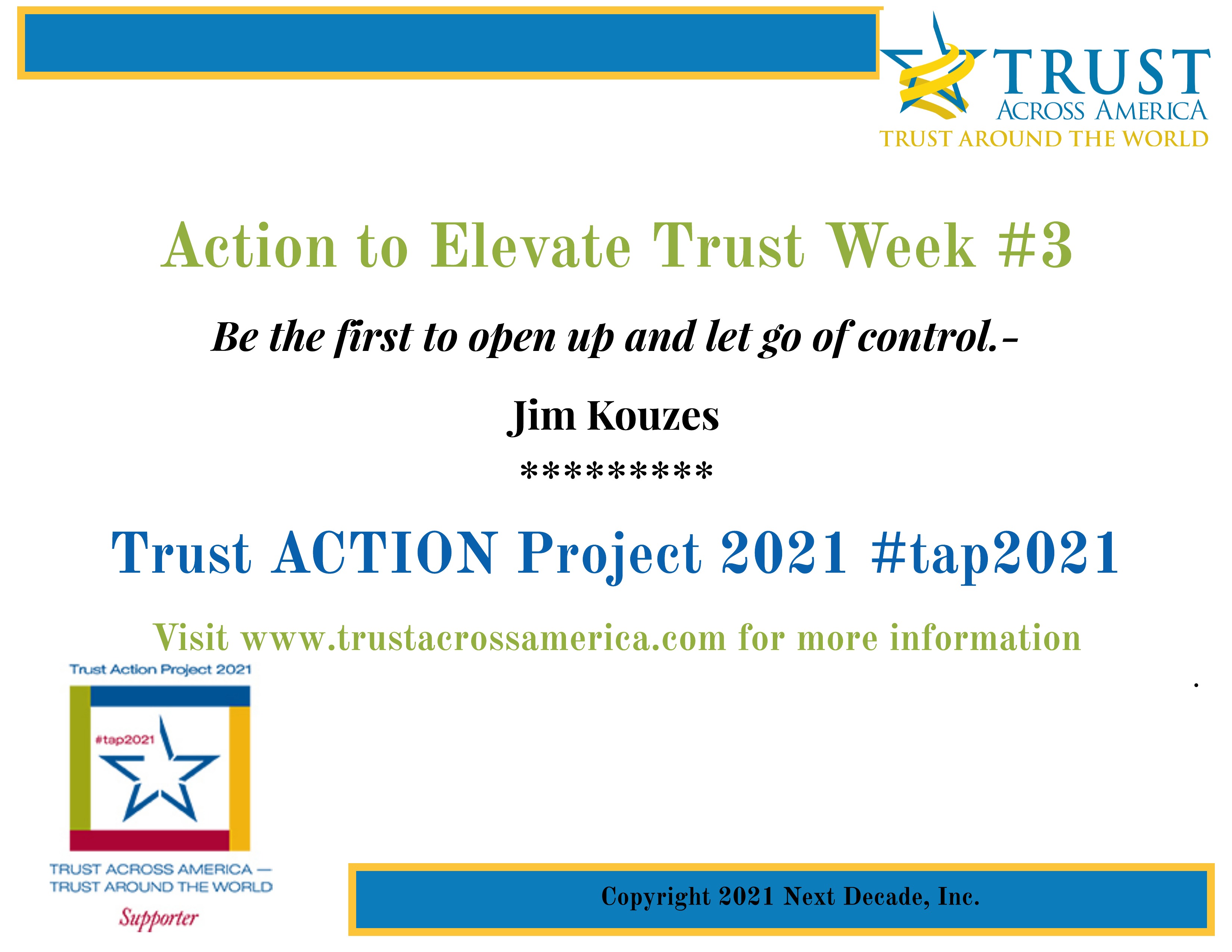

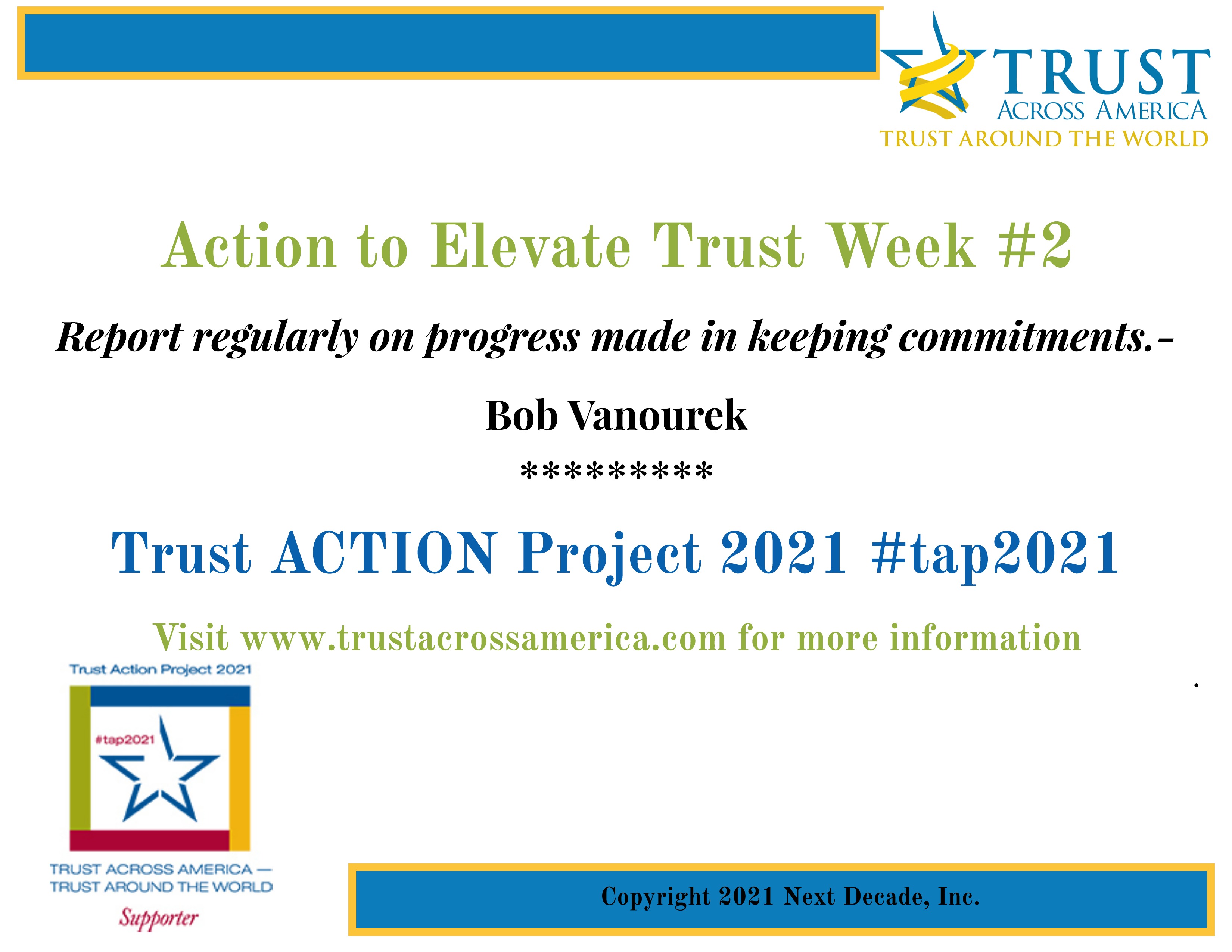
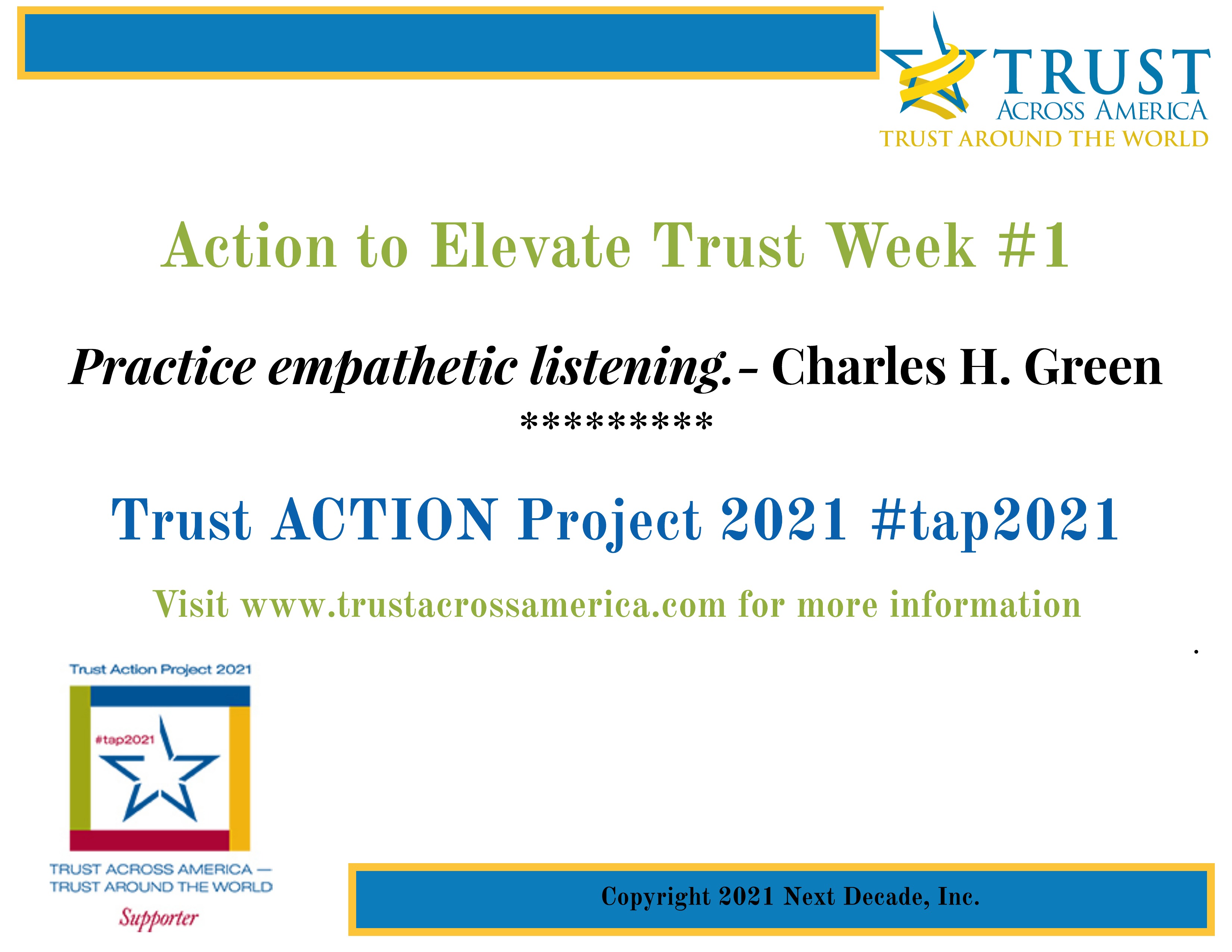

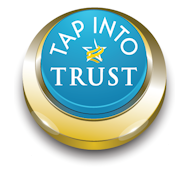





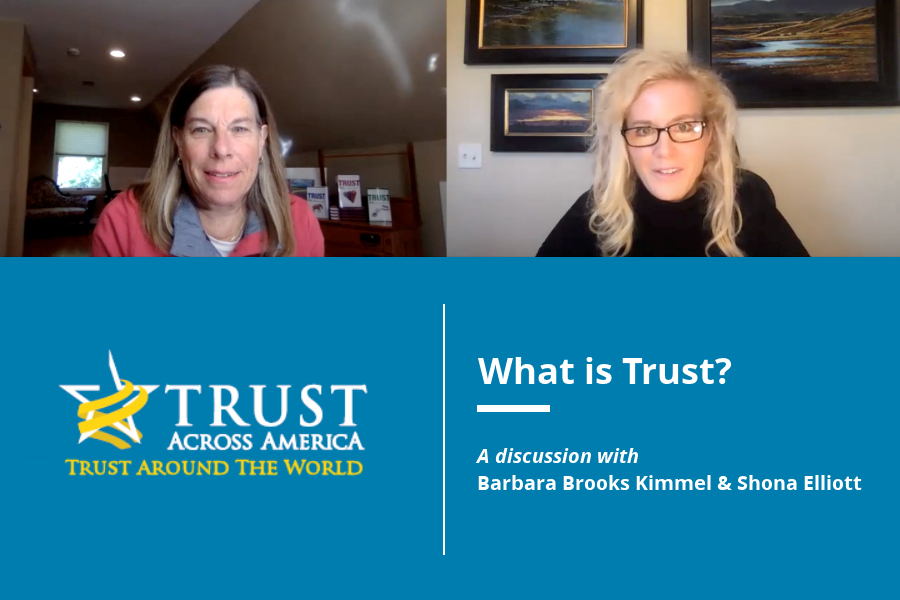

Recent Comments